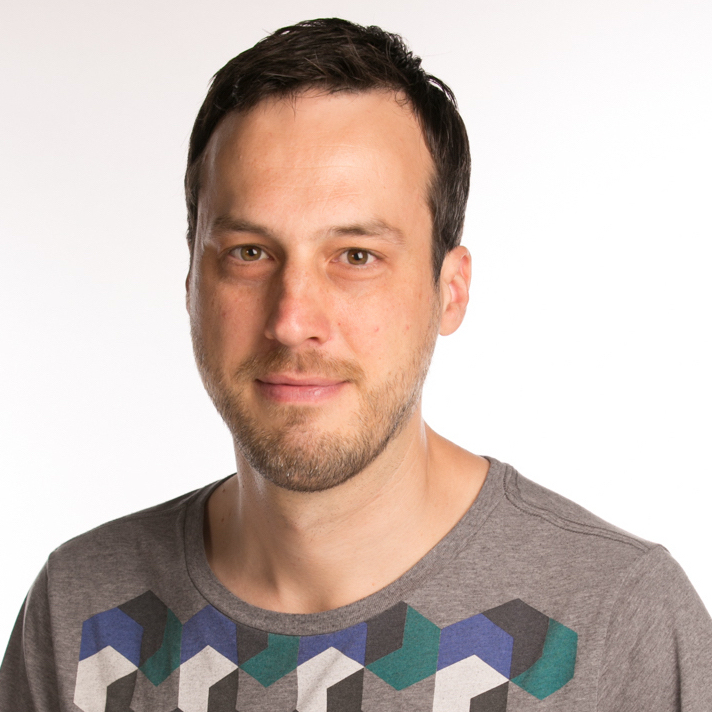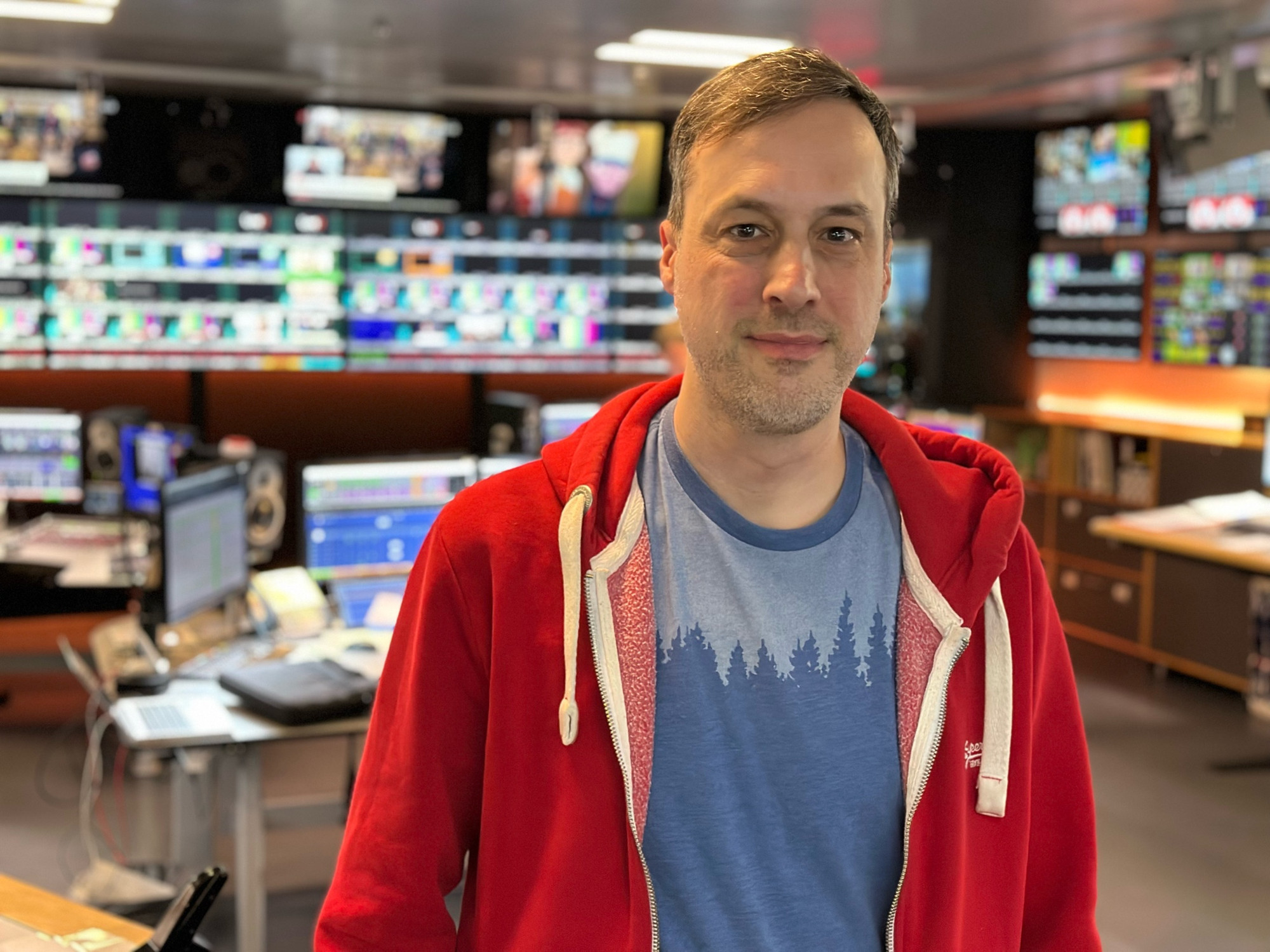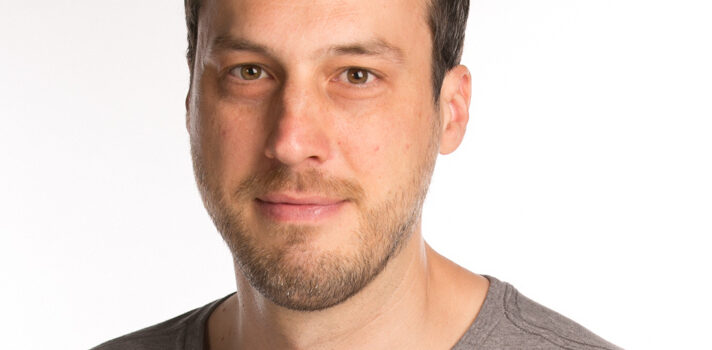
Round 2
Thomas Reintjes
Nationality
German
Career-level
Established
Host institution
University of Copenhagen
Denmark
Residency project
As a science journalist I tend to adopt a practical way of looking at data and how it affects people. Is it stored safely? Is it used responsibly? Is there a way to opt-out of data sharing? This is not unlike the topic is handled in legislative and regulatory processes – very technology-focused, paying little respect to how sharing data affects both the sender and the receiver, and that it can have far- reaching impact on people and societies. This is especially true for healthcare data, which is increasingly collected, shared, and processed.
In this project, I seek to explore ways how patients can “keep in touch” with their data, instead of granting blanket permission or denial of use. How can opt-out (or opt-in) be improved in ways that make transparent to patients, how their data is used and whom it benefits? Can more granular control, as it is sometimes the case for organ donation or as is being piloted for tissue samples, help accommodate different value systems and increase acceptance?
Read MoreMy objectives for this project are:
– comprehend the framework that Høyer proposes to describe data spaces
– gain deep understanding of how social dynamics can be affected by data spaces
– get insights from different stakeholders in the health data space, particularly on opt-out and usage transparency
– translate the findings into journalistic outputs.

The first time I heard about FRONTIERS, I applied, but I did not get the fellowship. What I did get was very good feedback. Some weak points of my application were pointed out, and I was encouraged to apply again, so I did. Now, about a year later, I am starting my residency at the University of Copenhagen to stay with a fantastic research group.
This research group at the University of Copenhagen deals with the European Health Data Space, which is currently being set up. I’m curious, as a tech and science journalist, how anthropologists look at data and what view they have on data.
